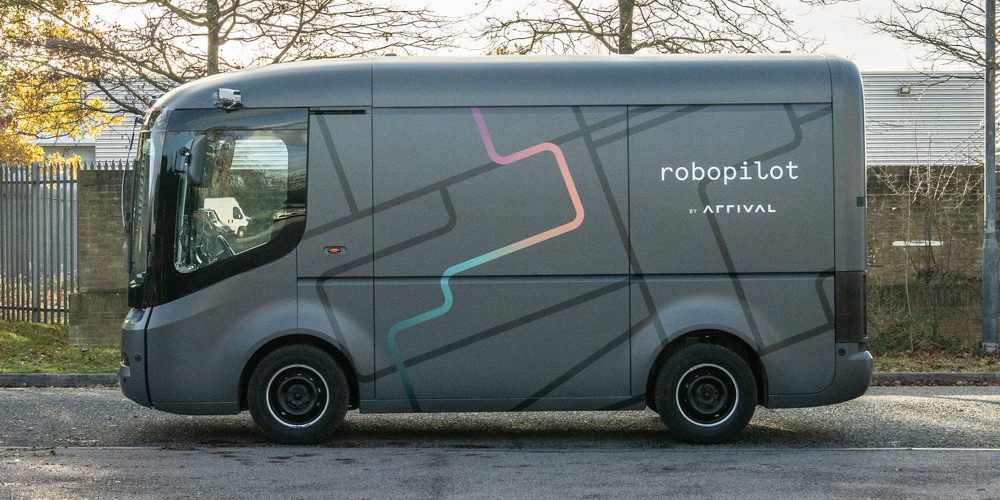
Technology company and EV startup Arrival has announced plans to co-develop a cloud-based data platform with Microsoft to enable telemetry, vehicle, and data management for future electric vehicle fleets. Together with the help of Microsoft Azure, Arrival looks to streamline the sharing of data within fleet mobility holistically.
Arrival is a technology company specializing in electric vehicles like vans and buses. With headquarters in London and Charlotte, North Carolina, the company remains focused on sustainability, scalability, and cost-effectiveness.
Through this business strategy that breaks the mold of traditional production practices, Arrival has been able to design and implement its own components, software, and assembly processes in unique ways to maximize all aspects of manufacturing.
Most recently, the company began testing its Automated Driving System (ADS) in its Arrival Van without a driver present. This autonomous technology was developed by Arrival through its own project called Robopilot. This project’s goal is to improve market knowledge, functionality, and public perception of autonomous driving systems.
While the company has already collaborated with some big names in technology and fleet management such as UPS and Uber, Microsoft might be the biggest fish to take a swim in Arrival’s farsighted technology pond.

Arrival and Microsoft to co-develop fleet data platform
In a press release from Arrival, the company announced its new study buddy in Microsoft with the goal of together developing models that simplify the sharing of data within a mobility and freight ecosystem.
The increased amount of data collected from fleets and individual vehicles being stored in the cloud continues to grow around the world. Concurrently, there is no standardized method of organizing or managing the data flow from said fleets.
Arrival’s plan is to develop a single and open data platform using Microsoft Azure that can be utilized by a wide range of customers. This includes OEMs, suppliers, cities, plus freight and logistics companies. Arrival spoke to the possibilities of this platform in its press release:
The resulting open data platform will use Azure and machine learning to extract insights from the data, and edge computing to minimize vehicle-to-cloud data flow. By implementing a unified, canonical data standard and transparent data sharing policy, the insights drawn will enable improved vehicle designs, advanced fleet logistics and help spur advancements in mobility ecosystems and business models.
By developing this open data platform with Microsoft, Arrival will soon be able to utilize the insights to more efficiently manage its own EV fleets. At the same time, Arrival will have the capability to share said insights with partners so they can develop their own fleet solutions. Avinash Rugoobur, president of Arrival, commented on the process:
Arrival is bringing zero-emission mobility solutions to communities globally. Data management and analysis is crucial to bringing customized, affordable and equitable solutions to the world. With the rapid advances in technology across all areas, we need a standardized way of collecting, assimilating and sharing that data so all can share in the full benefits of what connected vehicles can bring. Working closely with Microsoft to develop and then demonstrate the huge advantages of having an open data platform for vehicles and fleets will be truly ground-breaking for companies and cities around the world.
There is no timeline yet on when we may see beta testing of this open data platform.
Arrival continues to test its autonomous EV driving technologies, while producing more and more of its Arrival Vans and Buses to customers in the US, UK, and Europe.
Subscribe to Electrek on YouTube for exclusive videos and subscribe to the podcast.
Author: Scooter Doll
Source: Electrek



